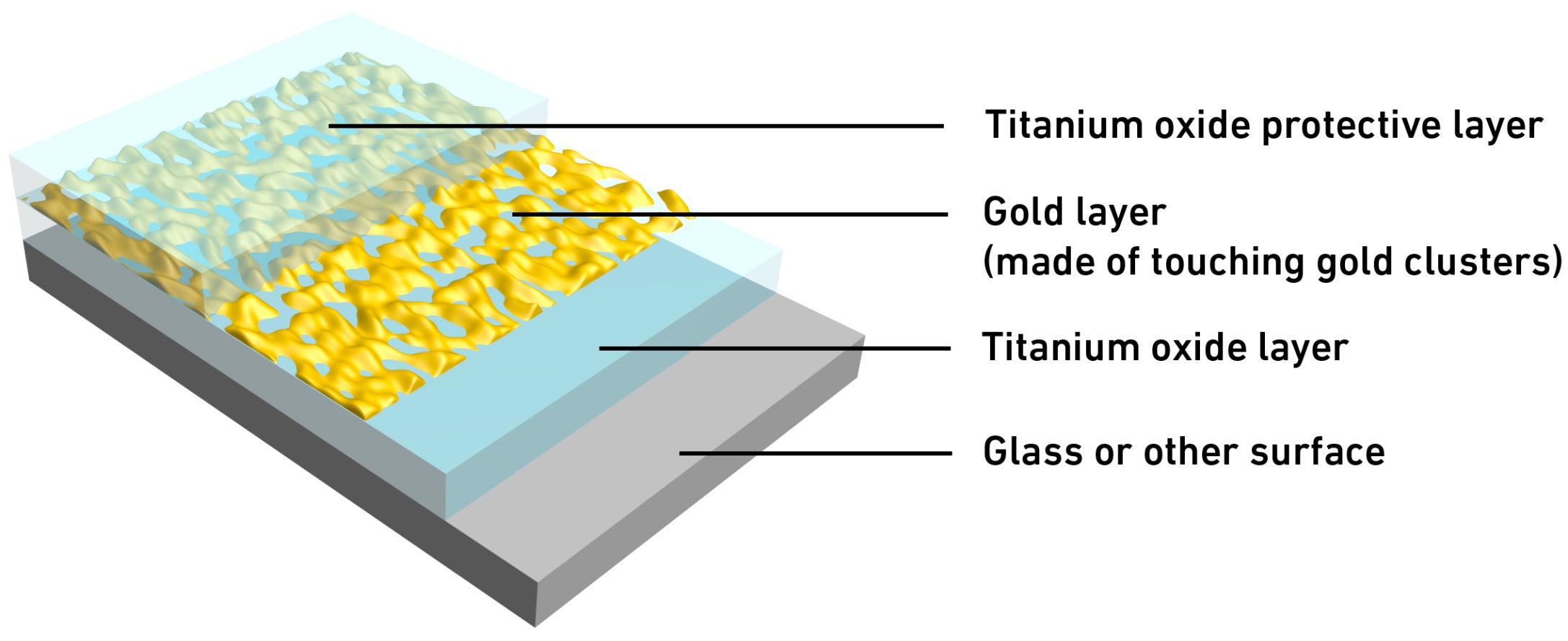Although foggy lenses have been plaguing glasses wearers for as long as glasses have existed, they happen more frequently to those still masking. Researchers from ETH Zurich in Switzerland may have finally come up with a permanent solution to the problem that works whether someone’s wearing a mask, or even if they’ve just come inside from the cold.
There’s no real mystery as to why glasses fog up. It happens when moisture in humid air, or from someone’s breath, hits a glasses lens that’s colder than said moisture, which then condenses into visible drops. It happens frequently in the winter, when people are coming in from the outside to warm buildings or vehicles, and now all year round, with masks that don’t form a tight seal around the wearer’s nose directing warm, humid air upwards as they exhale.
It’s also a problem that affects car windows, where the warm air from occupants’ breathing condenses on the inside while the outside remains cooled, often making it hard for a driver to see through the windshield in colder months. The simple solution there is to heat the windows using thin embedded wires or hot air from vents, but adding electric heaters to glasses, which are designed to be lightweight and comfortable to wear, isn’t really an option. So what the ETH Zurich researchers came up with was a completely passive way to heat glasses lenses.
Fogged up car windows are an annoying problem, but even worse is when a vehicle’s metal trim parts become too hot to touch after sitting in the sun for hours. Many metals are effective energy conductors and readily absorb heat, which is what the researchers are relying on for a new type of invisible glass coating that effectively does the same thing.

The coating is made from extremely thin clusters of gold, in such small amounts that the added cost would be minimal, sandwiched between thin layers of titanium oxide, which is electrically insulating. The sandwiched materials result in a coating that’s just 10 nanometre thick. For comparison, gold leaf, which is used to adorn furniture and over-priced desserts, is 12 times thicker.
The layer of gold absorbs invisible infrared light from the sun, causing the glass it’s applied to to heat up by up to eight degrees Celsius, preventing moisture in the air from condensing on it. The coating also allows almost all of the visible light from the sun to pass through, leaving the coating invisible to the naked eye. Because it’s so thin, the coating can even be applied to surfaces that are curved or need to have some level of flexibility built in.
There are some drawbacks to this anti-fogging approach. As the gold draws the energy it needs to heat up from the sun, the coating won’t do much good in the winter months, when it starts to gets dark by late afternoon. But thanks to gold being such an excellent conductor, the researchers believe that even a small amount of electricity applied to the coating, like from a battery hidden away in the arms of a pair of glasses, would be enough to heat it adequately in the absence of sunlight.
And while the amount of gold used to create the coating would be minimal, it’s still one of the most precious metals on earth and still in high demand for electronics, so the researchers are looking into whether alternate metals would be just as effective at passively absorbing heat.
There’s one other side benefit to the new coating. If you worried that car windows with the coating applied to them would turn the vehicle into a furnace during the hot summer months, just the opposite would happen. The researchers point out that the coating would absorb the infrared rays from the sun and prevent them from reaching the vehicle’s interior, resulting in it actually being cooler in the summer months than vehicles without the anti-fog coating.
